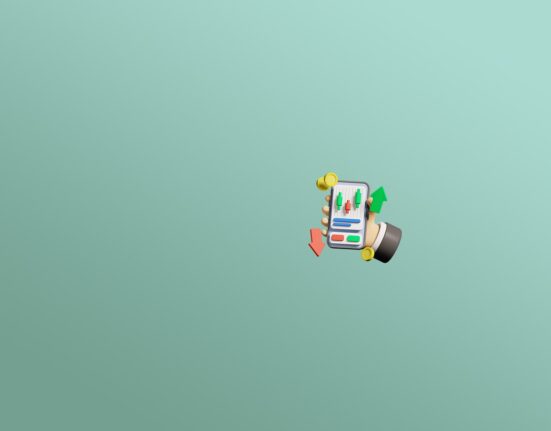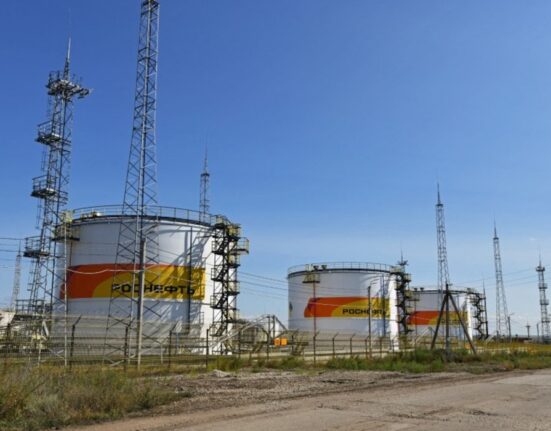Commodities are raw materials or agricultural products that are bought and sold on exchanges. They are used to produce goods and services that are essential for everyday life, such as food, energy, and metals. Commodities are traded on exchanges because they are a way for buyers and sellers to agree on a price for a certain amount of a commodity at a future date. This allows businesses to plan their production and logistics, and it also allows investors to speculate on the future price of commodities.
Types of commodities
There are many different types of commodities, but some of the most common include:
- Energy – Crude oil, natural gas, and coal are all examples of energy commodities. They are used to generate electricity, power transportation, and heat homes and businesses.
- Metals – Gold, silver, copper, and platinum are all examples of metal commodities. They are used in a variety of industries, including jewelry, electronics, and construction.
- Agriculture – Wheat, corn, soybeans, and sugar are all examples of agricultural commodities. They are used to produce food and feed for livestock.
- Soft commodities – Coffee, cocoa, cotton, and rubber are all examples of soft commodities. They are used to produce a variety of goods, including beverages, chocolate, clothing, and tires.
How to trade commodities?
There are two main ways to trade commodities:
- Spot trading – Spot trading is when you buy or sell a commodity for immediate delivery. This is the most common way to trade commodities, and it is typically done through a futures exchange.
- Futures trading – Futures trading is when you agree to buy or sell a commodity at a future date at a price that is agreed upon today. This is a riskier way to trade commodities, but it can also be more profitable.
Benefits of trading commodities
There are several benefits to trading commodities, including:
- Diversification – Commodities can be a good way to diversify your investment portfolio. They are not correlated with stocks or bonds, so they can help to reduce your risk.
- Potential for high returns – Commodity prices can fluctuate wildly, which means that there is the potential for high returns. However, it is important to remember that there is also the potential for high losses.
- Liquidity – Commodities are very liquid, which means that they can be bought and sold easily. This makes them a good investment for traders who want to be able to get in and out of the market quickly.
Commodities can be a good way to diversify your investment portfolio and to potentially generate high returns. However, it is important to understand the risks involved before you start trading commodities.
If you are interested in trading commodities, it is important to do your research and to find a reputable broker. You should also develop a trading plan and stick to it. By following these steps, you can reduce your risk and increase your chances of success.












